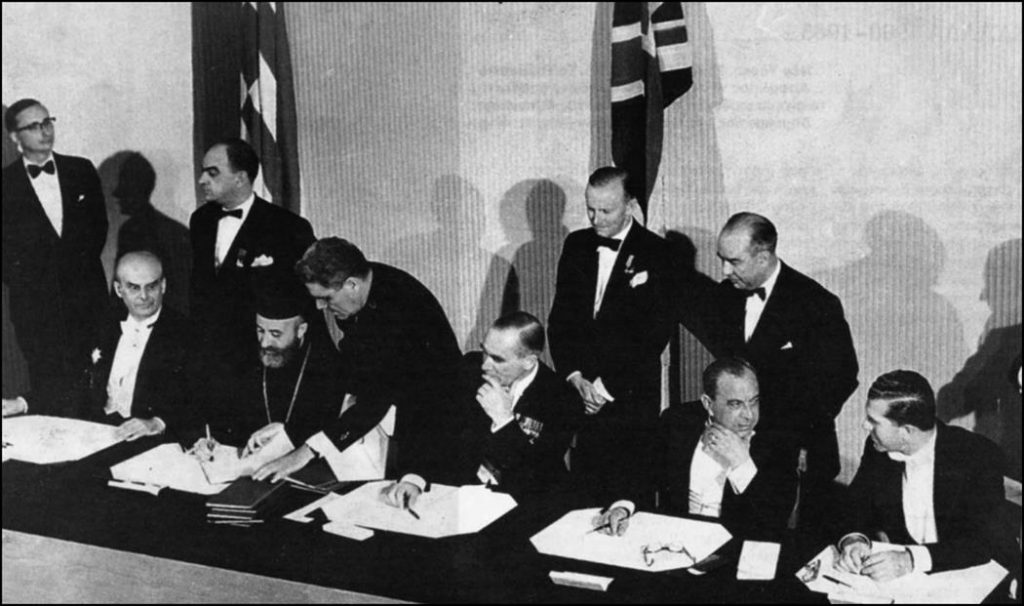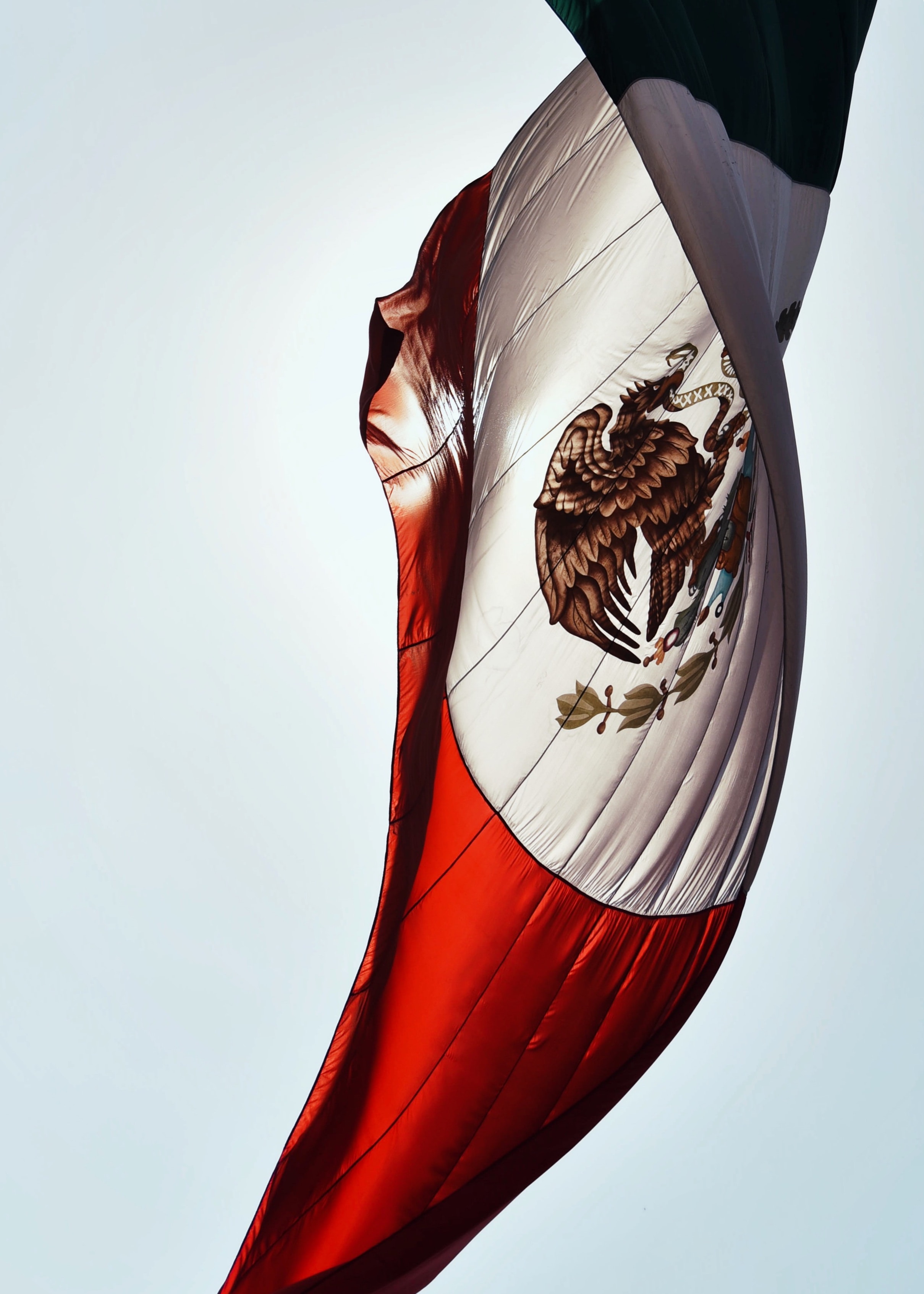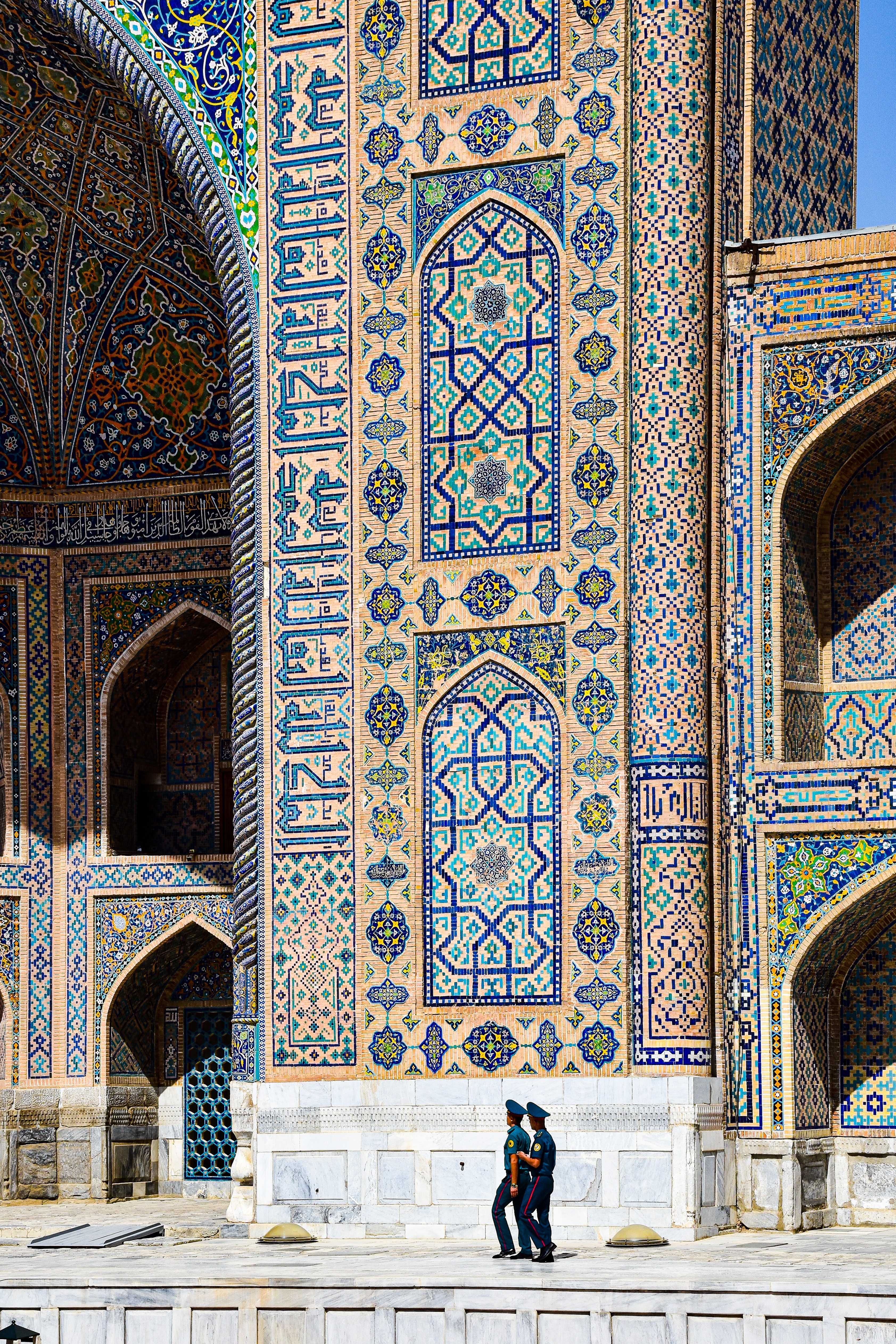When you hear “Cyprus”, one of the things that comes to mind is the word “conflict.” Then, its beautiful beaches, paradise-like nature, and warm island culture.
But you could not guess that this island nation, which is also part of the European Union, has been ruled against its constitution for more than half a century. What if we also tell you that this fact is even forgotten by its own citizens? This is exactly what is going on.
Cypriots gained their independence in 1960, after living under the control of the United Kingdom for 82 years. However, this was not an end, but the beginning of the pains they suffer, as a nation that did not experience governing their own island for a very long time.
But during the period of British rule, something needed to change, for the sake of their “divide and rule” policy. Cypriots were a community that was living in great harmony in their remote and isolated island far from the mainland that can influence them easily.
But there was a community without a name. In Ottoman censuses, they were called just Muslims. In the books written by European travellers they were called Linobambaki, Cypriots who spuriously converted to Islam to save themselves from the Ottoman oppression. After World War I, with the death of the Ottoman Empire and the birth of the Turkish state, the British had already found an identity for this community of the descendants of Crypro-Christian Cypriots: Turkish Cypriots. But there was a problem and it was the fact that a big portion of this community spoke Greek. Then, the young Republic of Turkey lent a hand by sending Turkish teachers to the British-controlled Cyprus and a Turkification process began.
Until 1960, there were small gang fights between these two communities with the provocations of Turkey and Greece, but nothing serious happened. When the independence day came for Cyprus, the representatives of these two Cypriot communities were at the table. The Orthodox Archbishop Makarios representing Greek Cypriots and the extreme secular Doctor Fazıl Küçük representing Turkish Cypriots. And they agreed on the constitution that is “still in force” today in the Republic of Cyprus. Let’s point out the main articles of the official Constitution of the Republic of Cyprus.
- “Greek Cypriot President and Turkish Cypriot Vice President with veto right”
- “Greek and Turkish as official languages”
- “70 percent of the parliament, cabinet, government and law enforcement officers made from Greek Cypriots, and 30 percent from Turkish Cypriots”
- “60 percent of its army made from Greek Cypriots and 40 percent of it Turkish Cypriots”
- “Adoption of a new national flag and anthem”
- “The authorities and any public corporation or utility body of the republic are not allowed to fly any other flag than the Republic of Cyprus flag, except on holidays”
Now, have a wild guess about how many of these articles of the constitution are being violated by the Greek Cypriot community who seized the republic since 1963. The answer is all of them except for the “national flag” that they use, which was drawn by a Turkish Cypriot.
I know what you are thinking. How can a country that is part of the European Union, a symbol of democracy, get away with such actions? We must get into more history to see how.
Three years after independence, the Greek Cypriot President of the republic, Archbishop Makarios unconstitutionally proposed his infamous thirteen points, which took away many rights from the Turkish Cypriots. This attempt made Turkish Cypriots leave the government.
Then, the rest of the unconstitutional activities of the Greek Cypriot administration followed, which includes establishment of Greek Cypriot-only army and adopting the national anthem of Greece as the anthem of the Republic of Cyprus.
The main aim for all these activities was achieving “enosis,” which is the idea of a union with Greece. But the Republic of Cyprus and its constitution were the biggest obstacle, since it was clearly based on the idea of an independent republic with equal ownership by Greek and Turkish Cypriots.
While all these events were happening, we cannot say that the Turkish Cypriot administration was innocent either. Like the Greek Cypriot administration, the Turkish Cypriot administration silenced people and groups who believed in the existence of Republic of Cyprus and who demanded more struggle to save the republic, instead of leaving it to the hands of the Greek Cypriots. The reason behind the decision of the Turkish Cypriot administration to not struggle for their rights effectively was their beliefs that the greed of Greek Cypriots would be a shortcut to achieve “taksim,” which is the idea of partition.

When we come to 1974, after painful events and internal struggles within each Cypriot community, a group of enosis-dreamer Greek Cypriots tried to overthrow the Greek Cypriot administration, which was not sharing the same enosis dream anymore, with a coup d’état backed by the Greek junta. With this event, Greek Cypriots gave Turkey a chance to intervene in the situation in Cyprus according to international agreements. And, as we all know, this intervention turned into an occupation, which has continued since then.
Today, what is on the table is a United Nations backed “federal solution” for the Cyprus problem. Despite the current status quo, the unconstitutionally Greek Cypriot-governed Republic of Cyprus continues its life with the constitution which was written in 1960. The main reason behind keeping the constitution is the Greek Cypriots’ desperate tactic of showing the world they are not the ones who broke the deal. But even the Greek Cypriot population is not aware or educated about their own constitution, since legislation continues like the country does not have one. Greek Cypriot people do not even have an idea of simple facts, such as that Turkish is an official language of the country or that their flag was designed by a Turkish Cypriot artist, İsmet Güney.
But all these seem to be changing. While crypto-Enosis desire and impossible federal solution talks continue, there are organisations like the Union of Cypriots (Ένωσις Κυπρίων / Kıbrıslılar Birliği) that advocate and promote that the only way to end this madness and occupation is restoring the constitutional order—the deal that was already made and a lot of pain and suffering that hit all Cypriots after it was broken. Failing to ease the pain with different dreams, maybe it is indeed the right choice for Cypriots to hold on to what they have to delegitimise Turkey’s existence on the island. Because the speed of Turkish colonisation of Cyprus tells us that Cypriots do not have much time left to save their homeland for good.
The author, Anestis Papadopoulos is a freelance journalist, and regular contributor to EU Political Report.




